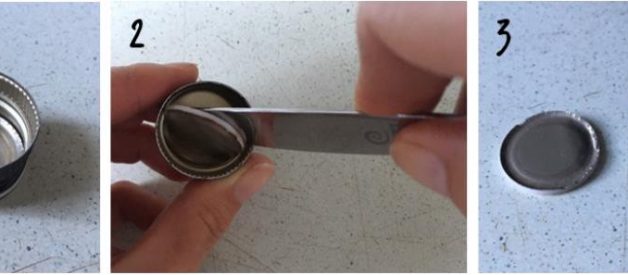While recycling isn?t the green solution to waste we once thought, it still plays an important role in managing our waste, at least for the time being. I like to see myself (and our society) as transitioning towards zero waste, which not only means generating less waste, but also generating less recycling. Yep you read that right: we need to recycle LESS (read more about that in an earlier article). This basically means we need to buy less disposable stuff. But in the meantime, here are a few tips to make sure you?re recycling correctly.
So many recycling bins I walk past each week in the area where I live (with a mostly highly-educated, upper-middle class, SUPPOSEDLY environmentally-aware population), contain so many things that shouldn?t be in there. Many of us are ?aspirational recyclers?, meaning we want things to be recyclable so we put them in our recycling bin. But not only does this fool us into thinking we?re greener than we actually are, it can also result in contamination of entire shipments of recyclable materials, meaning the whole lot has to go to landfill ? ? ?!
So we need to make sure we are NOT trying to recycle things that can?t be recycled and that we ARE recycling everything that can be. Here are 8 common recycling mistakes that many people make:
1. Not recycling anything that isn?t from the kitchen ? I recall a conversation with two work colleagues from a few years ago, when we were discussing which recyclables we rinse out before putting them in the bin. I mentioned I didn?t bother washing out shampoo bottles and they gave me a funny look. Yeh ok, why would you bother + you don?t need to anyway. But turns out it was too inconvenient to even RECYCLE them at all (to take them ALL that way to the kitchen recycling bin) and so they would just put them in the rubbish bin. And I?m guessing they?re not the only ones. I?ve also noticed that many people don?t recycle the cardboard inside toilet paper rolls. It?s not really that difficult to put shampoo/conditioner bottles and other recyclables from the bathroom, bedroom, etc. in the kitchen recycling bin. It?s not like we?re throwing them out every day or like the kitchen is five miles away.
2. Not removing caps or lids from glass bottles/jars ? most people leave caps or lids on glass bottles and jars but they should actually be removed, a) because it makes it easier to recycle the glass and b) the caps or lids won?t actually get recycled when they?re mixed in with glass. So to ensure they do get recycled, remove them from the bottle/jar and put the steel ones (jar lids, beer bottle lids) inside a large steel can or tin and the aluminium ones inside an aluminium can (put the lid on the tin or squeeze the top of the can closed so they don?t fall out) and these can then go in your recycling bin as they?re larger than a fist. Make sure to remove any plastic inserts first ? e.g. from the caps on wine (and many spirit/liqueur bottles), carbonated beverage and oil bottles (see images below). If you can?t get the inserts out then the lids can?t be recycled.
 How to remove foam insert from wine bottle cap
How to remove foam insert from wine bottle cap How to remove plastic insert from sparkling beverage bottle cap (these are a bit trickier as it?s harder to get the knife under the edge + they?re partially glued in, sometimes with strong glue, sometimes not)
How to remove plastic insert from sparkling beverage bottle cap (these are a bit trickier as it?s harder to get the knife under the edge + they?re partially glued in, sometimes with strong glue, sometimes not)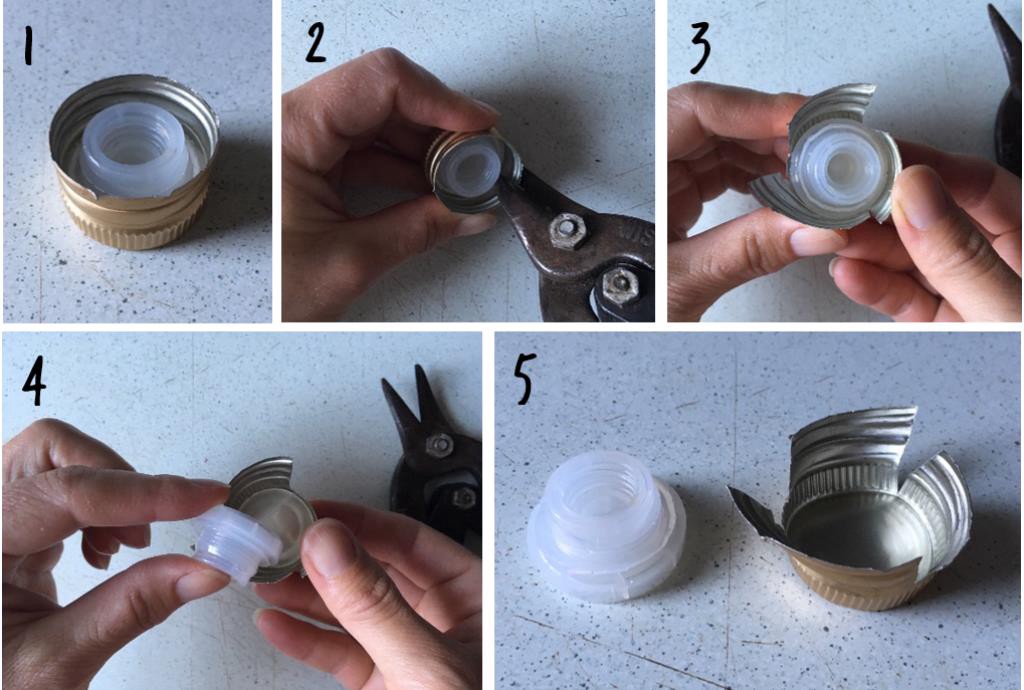 How to remove plastic insert from olive oil bottle cap (warning: sharp aluminium edges can cut)
How to remove plastic insert from olive oil bottle cap (warning: sharp aluminium edges can cut)
Yeh I know this seems a bit onerous, but I see it as the price of convenience. We avoid most of these now as we started buying olive oil from a bulk store and we only occasionally have carbonated beverages like kombucha and soda water (yep only healthy ones!), but unfortunately we don?t have a vineyard close by where we can refill our wine bottles ?. You can collect plastic bottle caps (and other hard plastic items smaller than a fist) in a large plastic bottle or jar to be recycled as mixed plastic, but this is only accepted in certain locations, so check with your local City /Council.
3. Not recycling aluminium foil ? foil packaging from chocolate and easter eggs CAN be recycled. Although this seems pretty insignificant and doesn?t take up much space in your bin when you screw it into a ball, it adds up, and aluminium is a valuable resource (worth ~$1,200/T). Just shake off any crumbs and save enough wrappers to make a ball at least the size of your fist and then this can go in your recycling bin. You can also recycle any aluminium foil you use for baking and foil pie trays (as long as they aren?t covered in chunks of food or grease). Better still, wash and reuse.
4. Putting soft plastic in the household recycling bin OR not recycling it at all ? soft plastics like rice and pasta packets, toilet paper packaging, etc. aren?t accepted in household recycle bins (at least not in Australia), yet many people seem to think they are ?. All Coles supermarkets have collection bins for soft plastic (see Redcycle for details).
5. Recycling packaging with composite materials ? composite packaging is made from more than one material. It is SUPER-frustrating that manufacturers are allowed to use composite materials, given it makes recycling either impossible or VERY difficult. Composite packaging includes:
a. Pump mechanisms from pump bottles (soap, lotion, etc.) ? these are mostly made from plastic but also include a metal spring and a glass ball. If you take them apart and remove the metal and glass, the plastic parts can be recycled with other small plastic items as mixed plastic (like the caps mentioned above), but this can be difficult so the best option is to avoid buying them. Pump bottles are just another ?convenience? item we don?t really need. Some products sold in these bottles have refill bottles available but for those that don?t, look for a pump-free alternative, e.g. bar soap.
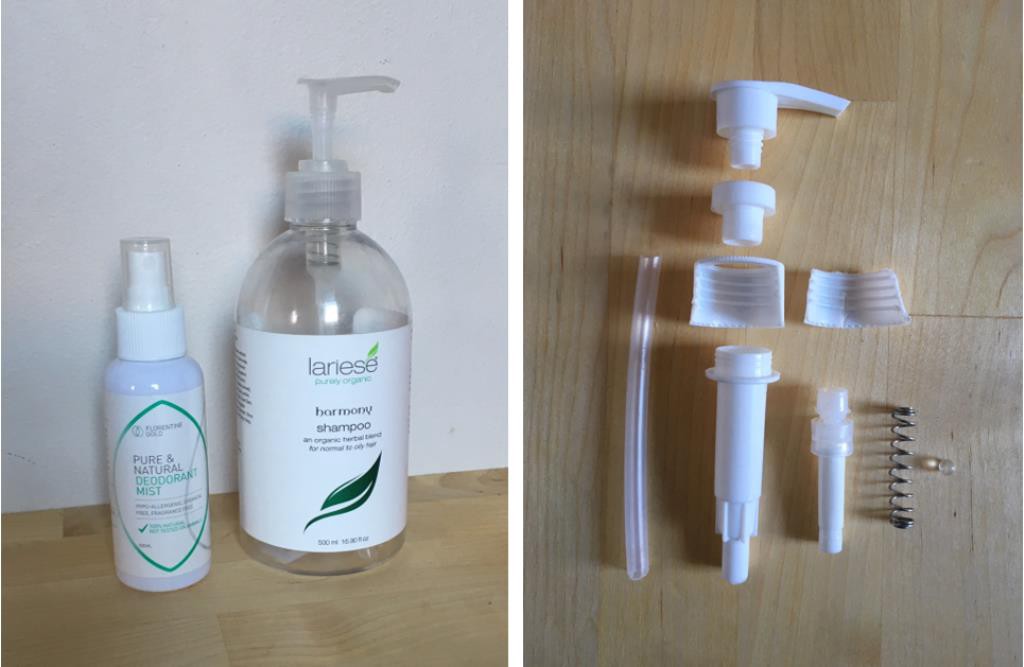 Pump and spray bottles + deconstructed pump mechanism
Pump and spray bottles + deconstructed pump mechanism
b. Cardboard/metal/plastic tins ? tins for various foods (e.g. sweetener) have a steel base, cardboard sides and a plastic lid. Avoid these where possible and look for tins that are 100% steel. But they can be recycled if you separate the parts. The easiest way is to remove the lid and soak the tin in warm water, then the cardboard can be removed from the base. Once dried out the cardboard can go in your paper/cardboard recycling bin, the steel base in a larger steel can (if smaller than a fist, otherwise just on its own in general/metal recycling) and the plastic lid in a larger plastic container (if smaller than a fist, otherwise on its own in general/plastic recycling).
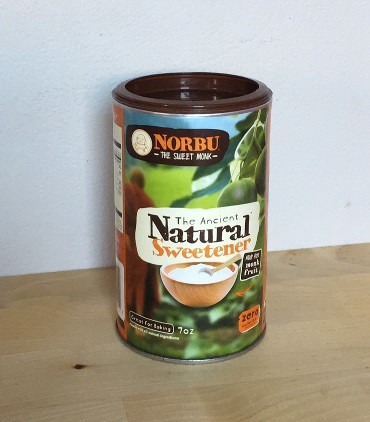 Tins made from composite materials
Tins made from composite materials
c. Tetra Pak cartons (e.g. for unrefrigerated nut/grain/soy milks) ? these are made from plastic, foil and cardboard and I discovered are not recyclable (at least in our local area). They can easily be avoided though. We stopped buying almond milk for about 6 months but now we?re trying to reduce our dairy intake so we found a refrigerated almond milk in a regular milk carton, which can be recycled. Also it?s fairly easy to make your own.
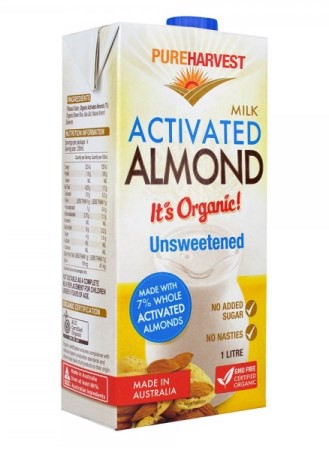 Long-life/soy/nut/grain milk cartons
Long-life/soy/nut/grain milk cartons
d. Foil-lined plastic (e.g. used for most ground or whole bean coffee). Some confectionery packaging is silver on the inside but this is not usually foil. You know packaging contains foil if you fold the packet and it stays folded. If it bounces back then it?s just plastic.
e. Blister packs (e.g. medications, throat lozenges) ? these are made from plastic fused with foil. Avoid blister packs by buying medications in bottles wherever possible.
6. Recycling non-recyclable plastics ? certain plastics (polystyrene (#6), PVC (#3) and polycarbonate (#7) can?t generally be recycled (incidentally these are also the most toxic plastics and you?re better off without them anyway). In some countries even #4 and #5 are not accepted (as these are slightly more difficult to recycle than #1 and #2). Polystyrene is not just what we know as ?styrofoam? (expanded polystyrene), it is also used to make coffee cup lids, some take-away drink cups and certain food containers (e.g. yoghurt, margarine). #7 is ?other? which was mainly polycarbonate (that clear and very brittle plastic ? e.g. used inside fridges) but now also includes plant-based plastics. These can?t be recycled but they are biodegradable (although usually only in commercial facilities. I?m not sure where exactly these facilities are, I?m beginning to think they?re a myth). Or you could just throw it into the ocean to feed the fish (I?m kidding. DON?T do that).
TIP: Check the number inside the chasing arrows symbol before putting plastic containers in your recycling bin, and first check with your City/Council which types of plastic are accepted in your local area.
7. Recycling plastic tubes ? I discovered that plastic tubes used for various skin/body/hair care products are not accepted by the kerbside recycling service in my local area (and this is probably the case in most areas). I am gradually cutting out these products by buying in bulk stores and simplifying my skincare routine. But in the meantime it?s great to know that Terracycle has a beauty products recycling program in Australia, which accepts skin care, hair care and cosmetics packaging including soap dispensers and plastic tubes. It has various drop-off locations around the country or a mailing option (I?m not sure of its programs in other countries).
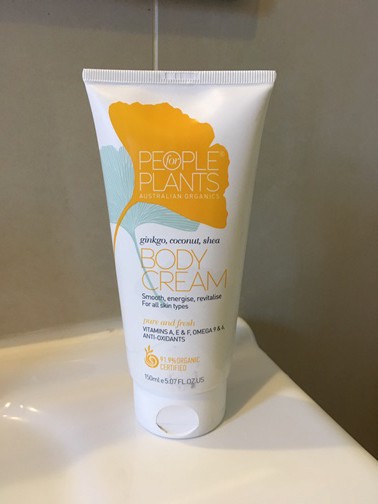 Plastic tubes for skin/body/hair care products are not recyclable in kerbside recycling
Plastic tubes for skin/body/hair care products are not recyclable in kerbside recycling
8. Recycling take-away food containers (with food still in them) ? many people put take-away food containers in their recycling bin but leave residual food inside them, which means they can?t be recycled. Plastic food containers (e.g. from Thai or Indian food) are usually #5 plastic, which is recyclable in most areas but you need to remove any residual food first and wipe out any oil (if possible wash them). Pizza boxes are recyclable once you remove residual food/crumbs (oily stains don?t matter).
So how do your recycling efforts stack up? We can all be forgiven for making these mistakes because we?re usually not given all the information we need, and recycling correctly is WAY harder than it should be! But I hope this helps you improve your recycling habits, quit any ?aspirational? recycling you may be doing ? and maybe even quit some disposable plastic-packaged products altogether! Remember to check with your local City/Council if you?re not 100% sure of what?s accepted in your local area.
